"While all attention rests on the COVID-19 vaccine, medicos say millions of children missing shots during lockdown means fighting the preventable infectious diseases challenge, equally lethal and long-term"
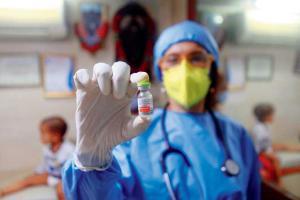
Prabhadevi-based Dr Paula Goel, like other paediatricians, is seeing higher footfall of patients for immunisation against TB, polio, etc after a complete stop for two months during lockdown. Pic/ Ashish Raje
The narrow lanes of Bhiwandi, known to be buzzing with feverish activity, suddenly wore a deserted look. Once the Manchester of India, this city of power loom industries, had fallen silent. It was a little over a month since Prime Minister Narendra Modi announced a nationwide lockdown on March 24, setting in motion India's fight against the Coronavirus pandemic. "There was not a single autorickshaw parked in the alleys of Gayatri Nagar. My due date was fast-approaching; I would be lying if I say I wasn't nervous. While this was going to be my fifth baby, I had never delivered at home," says 28-year-old Yasmeen Shah (name changed to protect identity).
ADVERTISEMENT
She recalls the wee hours of April 29, when she went into labour. "A few days earlier, we had been informed that the only government hospital [Indira Gandhi Memorial Hospital] in Bhiwandi area had been shut after a patient tested positive for COVID-19. Finding transport to go to any other hospital was tough, as the city was in curfew. So, a dai [an uncertified, traditional birth attendant] was called in." A baby boy was born at 10.15 am, with no trained medical professional in sight to immunise him.
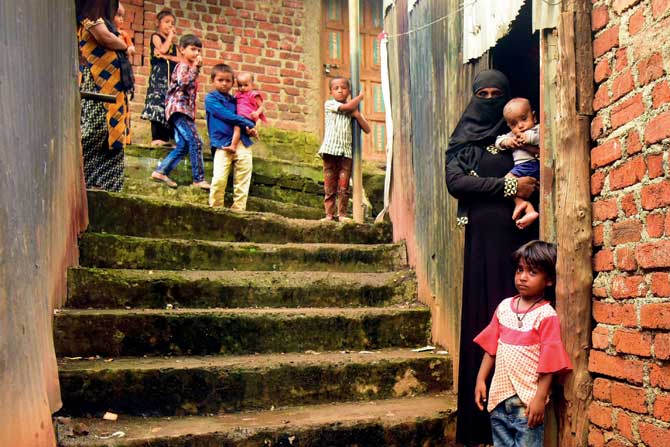 Yasmeen Shah (name changed to protect identity), 28, delivered a baby on April 29 in the throes of lockdown at her Gayatri Nagar home in Bhiwandi since finding transport to the hospital was tough. A birth attendant helped deliver the baby, and no professional healthcare worker was available for immunisation. Pic/ Suresh Karkera
Yasmeen Shah (name changed to protect identity), 28, delivered a baby on April 29 in the throes of lockdown at her Gayatri Nagar home in Bhiwandi since finding transport to the hospital was tough. A birth attendant helped deliver the baby, and no professional healthcare worker was available for immunisation. Pic/ Suresh Karkera
According to a recent report by the Bill and Melinda Gates Foundation, globally the number of children vaccinated this year against infections like diphtheria, tetanus, tuberculosis, polio, measles and other preventable diseases has fallen to levels not seen since the 1990s. It states: "In other words, we've been set back about 25 years in about 25 weeks. One of the most important questions the world now faces is how quickly low-income countries can catch back up to where they were and start making progress again."
According to the WHO and UNICEF, this is due to disruptions in the delivery and uptake of immunisation services caused by the COVID-19 pandemic. According to new data by the two organisations, the preliminary data for the first four months of 2020 points to a substantial drop in the number of children completing three doses of the vaccine against diphtheria, tetanus and pertussis (DTP3). This is the first time in 28 years that the world could see a reduction in DTP3 coverage—the marker for immunisation coverage within and across countries. "Vaccines are one of the most powerful tools in the history of public health, and more children are now being immunised than ever before," said Dr Tedros Adhanom Ghebreyesus, WHO Director-General, in a statement. "But the pandemic has put those gains at risk. The avoidable suffering and death caused by children missing out on routine immunisations could be far greater than COVID-19 itself. But it doesn't have to be that way. Vaccines can be delivered safely even during the pandemic, and we are calling on countries to ensure these essential life-saving programmes continue."
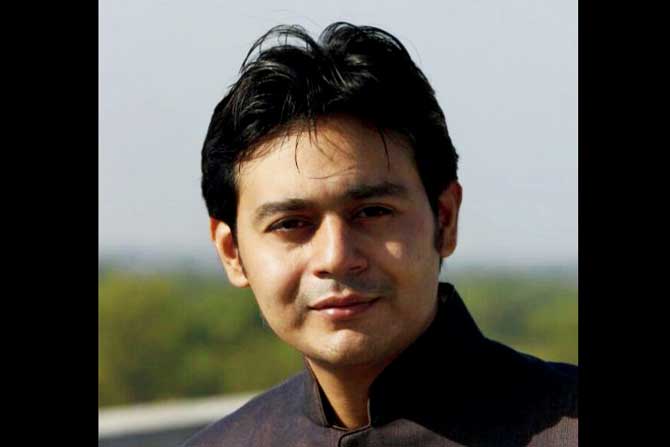
Dr Amol Annadate, paediatrician
The situation is not much different in Maharashtra. Dr Amol Annadate, celebrated paediatrician and director of the Anand Multispecialty Hospital in Aurangabad, says, "The government vaccination programme is the main pillar of public healthcare. Even today, 70 per cent of the parents prefer getting their child immunised at a government facility rather than a private one, which can be expensive. According to my sources in the state health department, the total number of child vaccinations between March and July 2019 was 9,32,500; the numbers for the same months have reduced to 6,46,436 this year."
Sushma Shende is the programme director of child health and nutrition at SNEHA, a city-based NGO that works in the fields of nutrition, education and health. SNEHA works closely with the Brihanmumbai Municipal Corporation. "Our role involves the mobilisation of children for vaccination and talking to the parents if there is reluctance to get their children vaccinated. For instance, we reach out to religious leaders who can talk to the reluctant family, because some communities have misconceptions around vaccination," Shende explains.
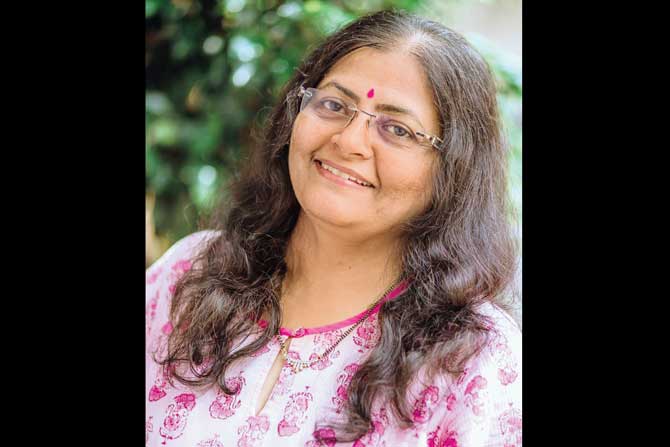
Sushma Shende
"Vaccination happens at two places, one at the health centres i.e. centre camps, and the second, at field camps set up in communities. During the lockdown, the health system was busy coping with COVID-19. The staff at health posts were screening, testing, identifying, etc. Immunisation came to a standstill for two full months," she says, adding that it took time to reorganise the system to respond to the pandemic while continuing to attend to non-COVID-19 health concerns.
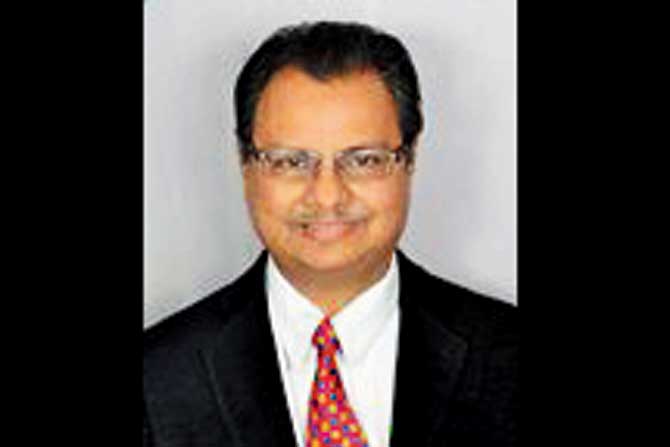
Dr Jayant Pandharikar
The Indian Academy of Pediatrics (IAP), established in 1963, confirms that at the time of the first lockdown, paediatricians did not understand the magnitude of the pandemic. Dr Jayant Pandharikar, president of the Maharashtra chapter of IAP, says, "Everything was new to us; so all of us shut down our private childcare clinics for a few weeks. We even advised parents to defer primary vaccination. But then the WHO guidelines came in, instructing to continue primary immunisation, so we resumed services in the state." Dr Pandharikar says that vaccines for preventable diseases can be divided into two types—primary and secondary. "The primary vaccine is administered right after delivery. While it increases the child's immunity, the secondary ones [given till 15 years of age] tops up the kid's immunity if it were to drop to some extent. While secondary vaccines can be deferred by a few weeks or months, it is usually advised to not skip the primary injections."
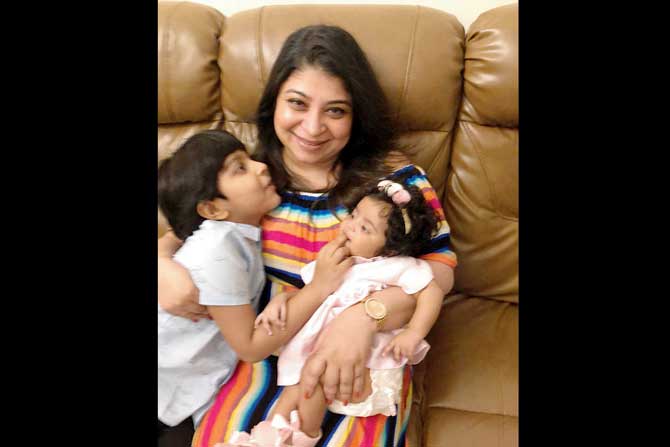
Shweta Shetty Rathod with her two kids, aged five years and three months. Rathod was able to get her first child his third polio dose only after two months
Shweta Shetty Rathod, 33, a Malad resident who runs a recruitment service firm, was expecting her second child during the lockdown. While her first-born, five-year-old Jahan, was due for his third dose against polio and a combination of doses against diphtheria, tetanus, and pertussis in February, Rathod didn't want to expose herself and him to risk of COVID-19 infection. "Finally, after a delay of two months, we got him vaccinated in May."
According to Dr Meetal Dharod, a paediatrician and neonatologist at the Little Angels Child Care & Vaccination Clinic in Borivli, while the situation has improved since July—with appointments—they are fewer than before. "We give two to three appointments, daily, during a separate time slot since we don't want young children to mix with the other patients. We accommodate them first thing in the morning after the clinic is sterilised, says Dharod, adding that she has vaccinated babies as young as seven-days-old so their safety is of utmost priority.
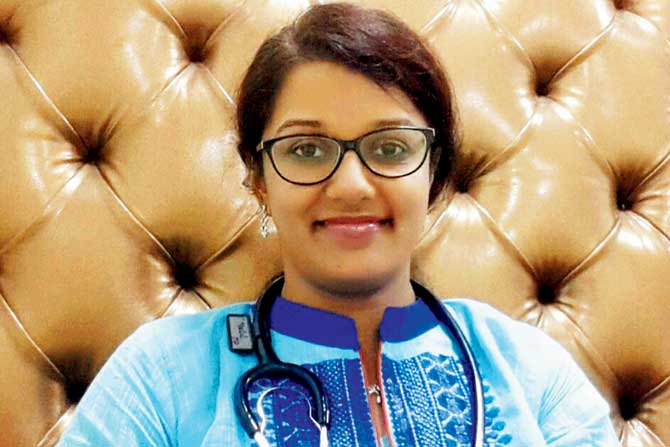
Dr Meetal Dharod, paediatrician
Vaccinations help us safeguard kids from succumbing to preventable diseases, which can be life-threatening otherwise. While transportation is no longer an issue for those belonging to the higher rungs of the society, it is the lower strata that's bearing the brunt even after Unlock 4.0.
"India has the highest burden of under-five [years of age] deaths in the world. The median under-five mortality rate per 1,000 live births in India is 37, lower than 69 for Pakistan and much lower than 120 for Nigeria. India reported 8.8 lakh child deaths in that age bracket in 2018," Dr Annadate shares.
Shah, for instance, got her new-born his first BCG shot [a vaccine primarily used against tuberculosis], three months after delivery in April. "Anganwadis started to slowly open up. One of them took us to their centre and we got the first vaccine for my son in July," Shah says.
The Foundation for Mother & Child Health (FMCH) ensured that this happened without further delay. Shruthi Iyer, CEO of FMCH, says, "Our work is mainly concentrated in Kurla and Bhiwandi areas. We ensure that mothers know what immunisation needs to be given to their children. But, when the lockdown was imposed, members of ASHA, whom we work with, were cooped up at home.

Shruthi Iyer
Anganwadis were shut, too. Even when we were urging mothers to get their kids vaccinated, there was no way to do it. Some newborns have gone six to seven months without a vaccine." But the most worrying observation is that deliveries at home increased sharply in Bhiwandi area. "As Indira Gandhi Memorial Hospital was sealed, they [pregnant women] had no option but to call over dai ammas to get babies delivered. Child immunisation has drastically dropped in the area," Iyer adds.
But she feels to get a true sense of the effects would take another decade. "When you deal with big calamities or events like famine or a pandemic, it takes years to curate the data of affected people. While everyone is aware that immunisation is hit in the country, it would be hard to estimate the exact figure of how many till atleast another decade," Iyer continues. According to the data collected by WHO, however, world over, at least 80 million children missed their vaccination for diseases like diphtheria, measles and polio.

Dr Paula Goel, a paediatrician at Prabhadevi’s Fayth Clinic, has been advising parents to step out of their houses by following all the precautionary measures, such as using masks and sanitisers, so that they can get their children vaccinated on time. PIC/ASHISH RAJE
Shende observes that the reverse-migration of people was another major problem. "Lots of people migrated back to their hometowns because they couldn't afford to pay the rent here or because they wanted to get away from a hotspot. This posed a challenge in terms of children missing out on the vaccines they were due for." SNEHA tried to stay in touch with migrant worker families over the phone, but many of their numbers are not accessible, probably because they don't have the money to recharge their phones, the NGO feels.
But they are hoping that things normalise soon. Dr Prashant Gandhi, a paediatrician who runs a vaccination clinic in Borivli, says his staff has been sending reminders to parents through SMS. "Before the pandemic, the Indian government had recorded a 90 per cent vaccination rate of kids aged between 0 and 1.5 months. However, only 50 per cent of these kids are brought back to the clinic after they turn nine months old. So, you can imagine how grim the situation is." Dr Gandhi says it is imperative that kids aged nine months and above get their MMR [measles, mumps and rubella] vaccines. "The problem is—if you delay a measles vaccine, you are prone to infection and you can infect others. The Indian government launched its MMR campaign in 2018, and has done brilliantly since then. But right now, it feels as if we have slipped back."
The silver lining, according to the WHO, is that vaccine doses have permissible waiting period for interrupted or delayed immunisation. Hence, a delay in immunisation is manageable. "Up to three months after birth, any vaccine, if delayed, does not cause serious threat to the child. But it is not advisable. Having said that, we are dealing with a respiratory disorder [COVID-19], which does not have a vaccine, and trust me, we don't want another respiratory disease [TB] to add to our woes.

Dr Shirish Malde
Therefore, BCG vaccine, given at the time of birth, is very important," says Dr Shirish Malde, president of the Family Planning Association (FPA) of India, Mumbai chapter. He shares that initial findings at the time of the COVID-19 outbreak said that Indians are at a lesser risk of developing respiratory complications due to COVID-19 as "we are given BCG at the time of birth. So, BCG is helping to develop the child's immunity against TB, and also to some extent, against COVID-19". Dr Annadate agrees, saying, "Chances of contracting a preventable infectious disease are higher than chances of getting COVID-19 for this age group. There must be no further delay."
Keep scrolling to read more news
Catch up on all the latest Mumbai news, crime news, current affairs, and a complete guide from food to things to do and events across Mumbai. Also download the new mid-day Android and iOS apps to get latest updates.
Mid-Day is now on Telegram. Click here to join our channel (@middayinfomedialtd) and stay updated with the latest news
 Subscribe today by clicking the link and stay updated with the latest news!" Click here!
Subscribe today by clicking the link and stay updated with the latest news!" Click here!






